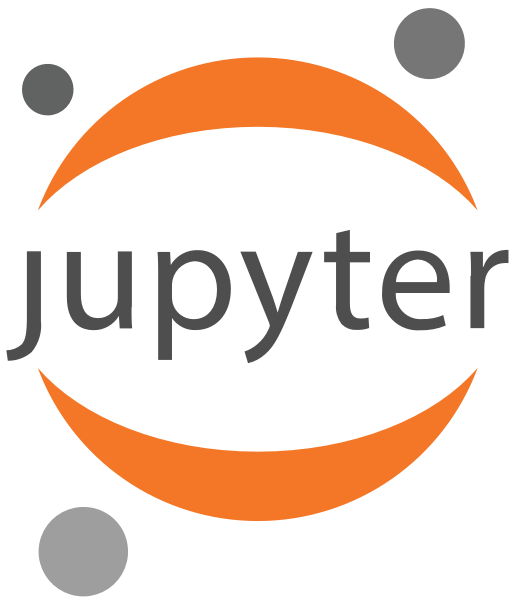Models, algorithms and software are the basic building blocks of scientific computing. As part of the bwHPC project, we provide access to a large amount of scientific software and tools and support researchers in their computing projects on the HPC resources in Baden-Württemberg.
We are also happy to respond to individual requests in the field of scientific computing here at the University of Konstanz.
Software on the HPC Clusters
Software on the bwHPC clusters is provided in the form of software environment modules, or modules for short. These range from scientific (commercial) applications to math and communication libraries to performance tools.
Modules make it possible to install different versions of a software package at the same time. The complete environments for the software package, compilers and libraries required for this particular version are then loaded with a single command. This is usually done at the beginning of the job script.
An introduction to this can be found on the bwHPC Wiki: https://wiki.bwhpc.de/e/Environment_Modules
An overview of all available software modules on the computing clusters can be found here: https://www.bwhpc.de/software.html

Jupyter
Jupyter Notebook and Jupyter Lab have been established as important tools in the field of scientific computing.
The central component of Jupyter, the Jupyter Notebook, allows the combination of formatted continuous text, executable code sections and (interactive) visualizations (image, sound, video, 3D views) in a web-based document.
A detailed documentation of Project Jupyter can be found at https://docs.jupyter.org
Jupyter@bwHPC
As part of the bwHPC project, Jupyter-based services are currently set up on the bwUniCluster (see https://wiki.bwhpc.de/e/BwUniCluster2.0/Jupyter) and as part of bwVisu on the bwForCluster Helix (see https://www.bwvisu.de/).
The Jupyter notebooks are executed in an interactive session on the compute nodes of the respective cluster. Access is via any web browser. Data is processed and visualized on the server and therefore does not have to be transmitted over the network. Only the resulting text, image, sound and video data is transmitted. The starting point of a Jupyter session is the user's HOME directory on the respective cluster.
Jupyter@SCCKN
The SCCKN cluster (https://www.scc.uni-konstanz.de/) hosts a Jupyterhub server. This is a webinterface to Jupyter and other applications running on the cluster. You can login with your normal SCCKN account at https://scc2.uni-konstanz.de.
AlphaFold
AlphaFold and AlphaFold2 are AI systems developed by Google DeepMind that predict the 3D structure of proteins from their amino acid sequence.
The biology department at the University of Konstanz set up a fast computer dedicated to running AlphaFold computations. If you are interested, we will be happy to put you in touch.
In addition, the bwForCluster Helix (https://wiki.bwhpc.de/e/Helix) and the SCCKN cluster (https://www.scc.uni-konstanz.de/) offer the possibility of using AlphaFold on high-performance resources.
